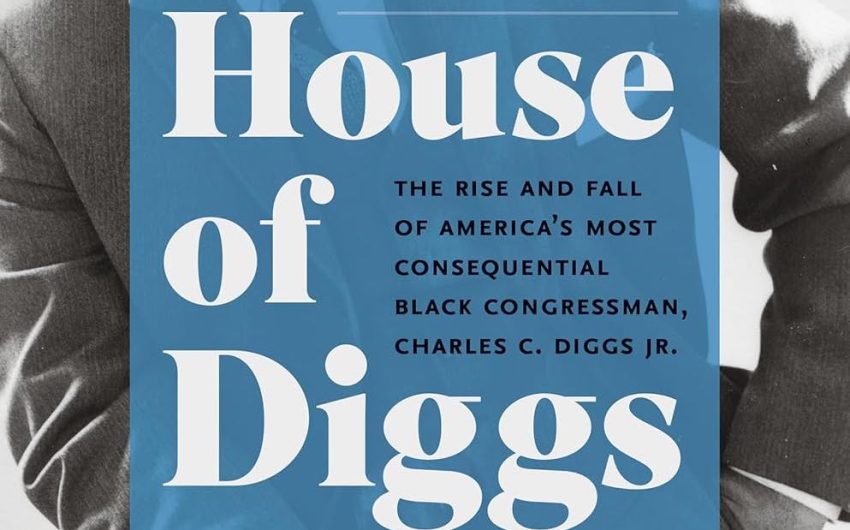“There is simply no accounting for her gifts. She was a unicorn, born among horses.”
So wrote author and cultural critic William Deresiewicz in “The Quality to be Tragic,” his sharp and insightful essay about Elizabeth Hardwick. Deresiewicz is a writer and thinker I admire, and after reading his essay, I felt chagrined for my paltry knowledge of Hardwick and for having never read her fiction, essays, or criticism.
As many people do, I associated Elizabeth Hardwick with the poet Robert Lowell, her husband of 23 years. By all accounts it was a tumultuous union, primarily because Lowell suffered from chronic mental illness that in its full intensity matched his poetic genius. As Cathy Curtis describes in A Splendid Intelligence, her excellent biography of Hardwick, for most of the marriage Lowell cycled in and out of mental hospitals. Hardwick was the steadying partner. For work and other reasons, the couple relocated frequently, domestically and abroad, and with each move it fell to Elizabeth to pack and unpack, to decorate and make every new abode comfortable and conducive to work. Despite Lowell’s illness and the serial extramarital affairs that resulted from it, Hardwick’s love and affection for him rarely wavered.
A Splendid Intelligence is, in one sense, a tragic love story between a pair of literary talents whose temperaments were similar but whose origins couldn’t be more different. Lowell was born into a Boston Brahmin family that traced its origins to the Mayflower; he was a man of Cambridge and Harvard. Hardwick was born in Lexington, Kentucky, into a large blue-collar family. Her father labored as a plumber, but was an unreliable provider for his family. As soon as she could, Hardwick left for New York City, propelled by a love of books and ideas, along with a fierce intelligence and independent mind. She would become part of one of the great intellectual milieus in American history — post–World War II N.Y.C. — but she would never completely lose touch with her working-class origins; she worried about money and didn’t overlook people who toiled at menial or repetitive jobs.
The circles Hardwick and Lowell traveled in included writers, thinkers, cultural critics, and philosophers such as Lionel Trilling, Alfred Kazin, Hannah Arendt, Mary McCarthy, Susan Sontag, Philip Rahv, Dwight Macdonald, as well as Irving Kristol and Irving Howe. Hardwick became a frequent contributor to Partisan Review and a founder of the New York Review of Books. The output and influence of this group, and others, was enormous. They lived, breathed, ate, drank, gossiped, argued, and competed in a life of the intellect. It was a galaxy of epic stars and large personalities.
With her biting wit and independent mind, Hardwick, as Curtis notes, spun large and small observations out of inventive allusion and gossamer subtlety, and respected her readers enough to believe they could keep thinking along with her. This quality — a distinct, rare, and wonderful quality in a writer — is exemplified in Sleepless Nights, Hardwick’s fictional masterpiece published in 1979, which I read soon after finishing A Splendid Intelligence.
Deresiewicz describes Sleepless Nights as follows: “It is one of those books in which a writer states their entire being. It is a novel with no plot, no character development, no resolution. It is a memoir, fictionalized, that avoids discussion of the self.” Indeed, Sleepless Nights is all about mood, sensibility, and tone. Though much of the book takes place outside of New York, it’s definitely a novel with a New York locus.
As is true of all exceptional people, writers and artists in particular, Elizabeth Hardwick contained multitudes. She was elegant and original, fearless and resilient, a literary lioness who kept producing well into her eighties. She was the last survivor of a group of notable female cultural critics who left a lasting mark on twentieth-century American letters.
“Writing is so hard,” Hardwick once said. “It’s the only time in your life when you have to think.”
This review originally appeared in the California Review of Books.
Premier Events
Wed, Dec 31
9:00 PM
Santa barbara
NEW YEAR’S Wildcat Lounge
Sat, Dec 27
7:00 PM
Santa Barbara
Schnack ‘n Bari Jazz Trio at Roy
Wed, Dec 31
6:15 PM
Santa Barbara
NYE 2026 with SB Comedy Hideaway!
Wed, Dec 31
9:00 PM
Santa barbara
NEW YEAR’S Wildcat Lounge
Wed, Dec 31
10:00 PM
Santa Barbara
In Session Between Us: Vol. I NYE x Alcazar
Wed, Dec 31
10:00 PM
Santa Barbara
NYE: Disco Cowgirls & Midnight Cowboys
Thu, Jan 01
7:00 AM
Solvang
Solvang Julefest
Thu, Jan 01
11:00 AM
Santa Barbara
Santa Barbara Polar Dip 2026
Sat, Jan 03
8:00 PM
Santa Barbara
No Simple Highway- SOhO!
Sun, Jan 04
7:00 AM
Solvang
Solvang Julefest
Thu, Jan 08
6:00 PM
Isla Vista
Legal Literacy for the Community
Wed, Dec 31 9:00 PM
Santa barbara
NEW YEAR’S Wildcat Lounge
Sat, Dec 27 7:00 PM
Santa Barbara
Schnack ‘n Bari Jazz Trio at Roy
Wed, Dec 31 6:15 PM
Santa Barbara
NYE 2026 with SB Comedy Hideaway!
Wed, Dec 31 9:00 PM
Santa barbara
NEW YEAR’S Wildcat Lounge
Wed, Dec 31 10:00 PM
Santa Barbara
In Session Between Us: Vol. I NYE x Alcazar
Wed, Dec 31 10:00 PM
Santa Barbara
NYE: Disco Cowgirls & Midnight Cowboys
Thu, Jan 01 7:00 AM
Solvang
Solvang Julefest
Thu, Jan 01 11:00 AM
Santa Barbara
Santa Barbara Polar Dip 2026
Sat, Jan 03 8:00 PM
Santa Barbara
No Simple Highway- SOhO!
Sun, Jan 04 7:00 AM
Solvang
Solvang Julefest
Thu, Jan 08 6:00 PM
Isla Vista





















